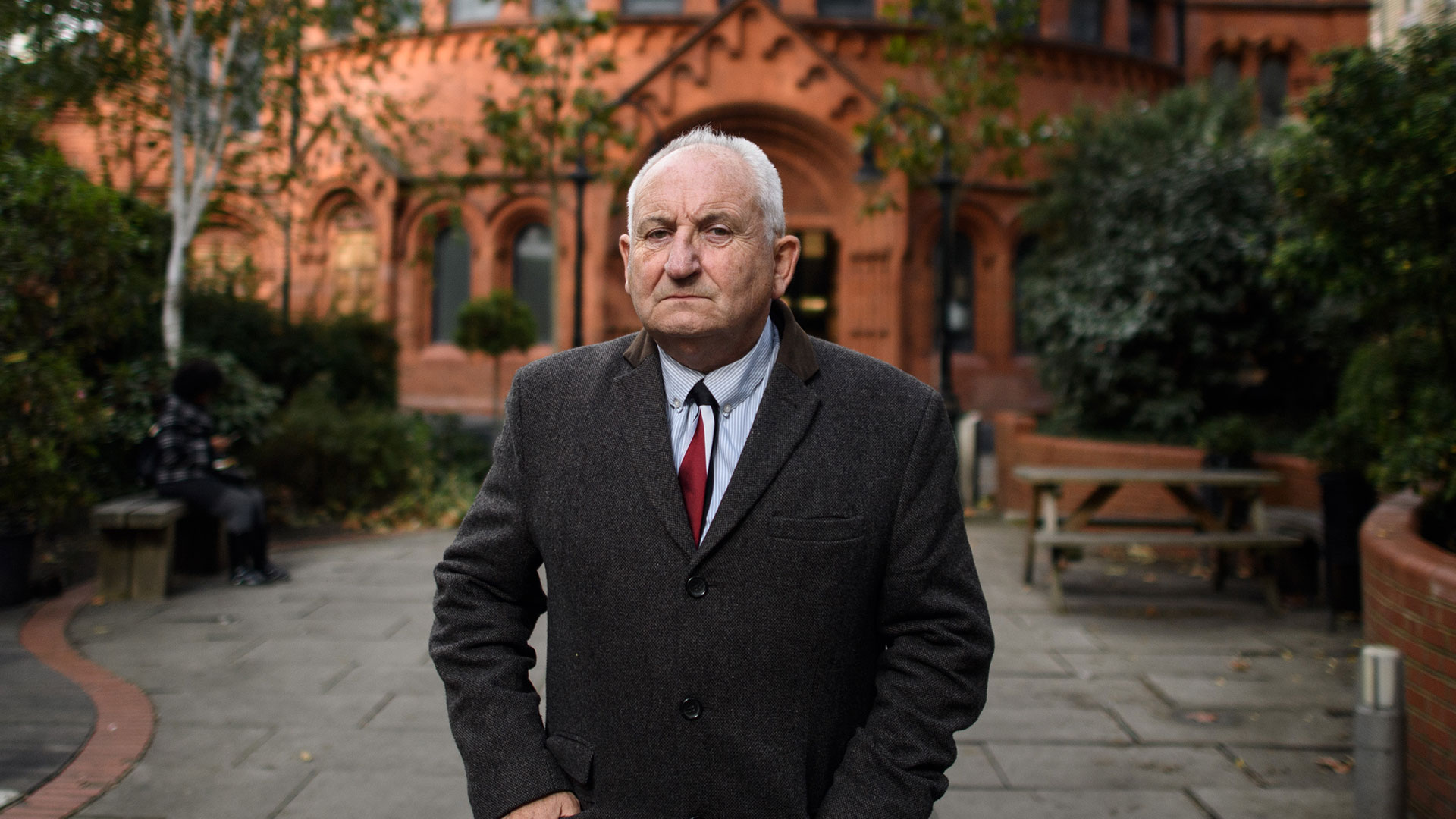I used to live in Marylebone in what is now one of the most expensive parts of London. My landlord was a family estate that had accrued wealth and property over the centuries. Once Marylebone was farm and garden country, before that it was wood and forest in the days before the Romans. But sometime in the 18th century as the family estate that now exists was being put together they chanced their arm.
Instead of harvesting the fields and its fruit, they decided to dig it all up and lay down houses, streets, shops and inns. It probably didn’t bring them in the income that they desired straight away. But soon they were harvesting the income to a much, much more formidable level than anything got from crops of wheat and barley, or whatever else they grew.
By the time that the imaginary Sherlock Holmes was living on the edge of the family estate this was decidedly urban London. And it had its problems. It had its slums. The champion of the poor and social housing innovator Octavia Hill started her movement in the slums that existed off the Marylebone High Street. And Dickens helped a hostel for fallen women start up around the corner from Marylebone’s main streets.
The harvesting went on and on through the centuries and the family estate is worth an absolute fortune now. Cutting down trees and putting riverlets into culverts proved a wise move for the family, digging up fields of fecund land likewise.
But there was a coming and going of fortunes. When I moved in in the early years of this century they had more houses and flats to let than they could fill. The flats were not cheap but they were not outrageously expensive. The high street had many empty shops. The pubs were pubs. Cafes for working men in dusty overalls and cab drivers abounded. Marylebone was socially mixed.
But then chances of making bigger harvests, or bigger returns on harvests came about. Madonna for a while seemed to live there, or was seen walking the high street. Shops of the most useless and rarefied kind started to fill the main streets. Selling expensive clothes, bags, cooking utensils that looked like modern sculptures. The poshest bookshop in London, imitating how bookshops used to be before the Second World War, sprang up. Harry Potter first came to my eye filling the bookshop’s window as the bookseller made a prophecy: that this first Potter book was what the world had long waited for.










